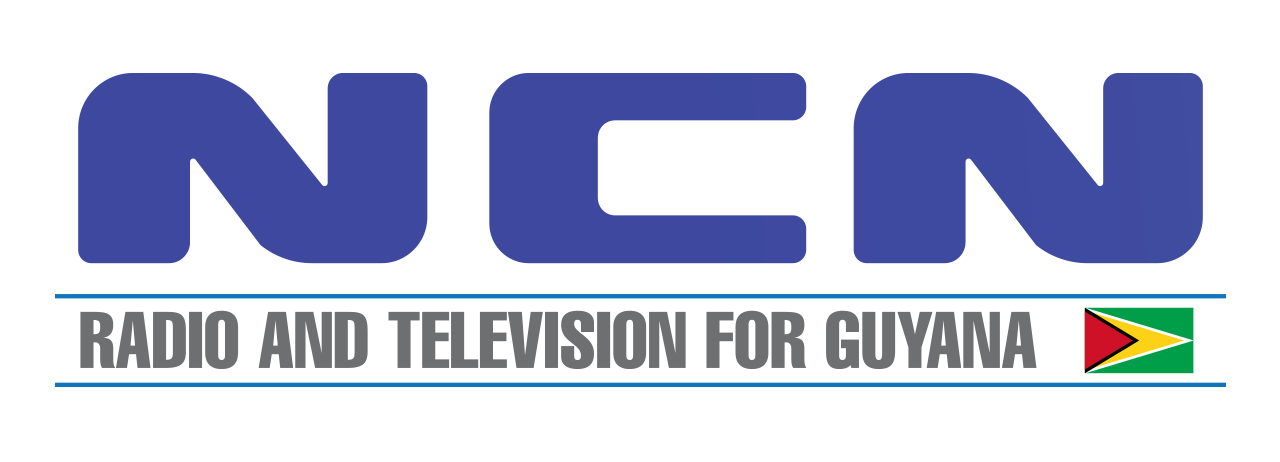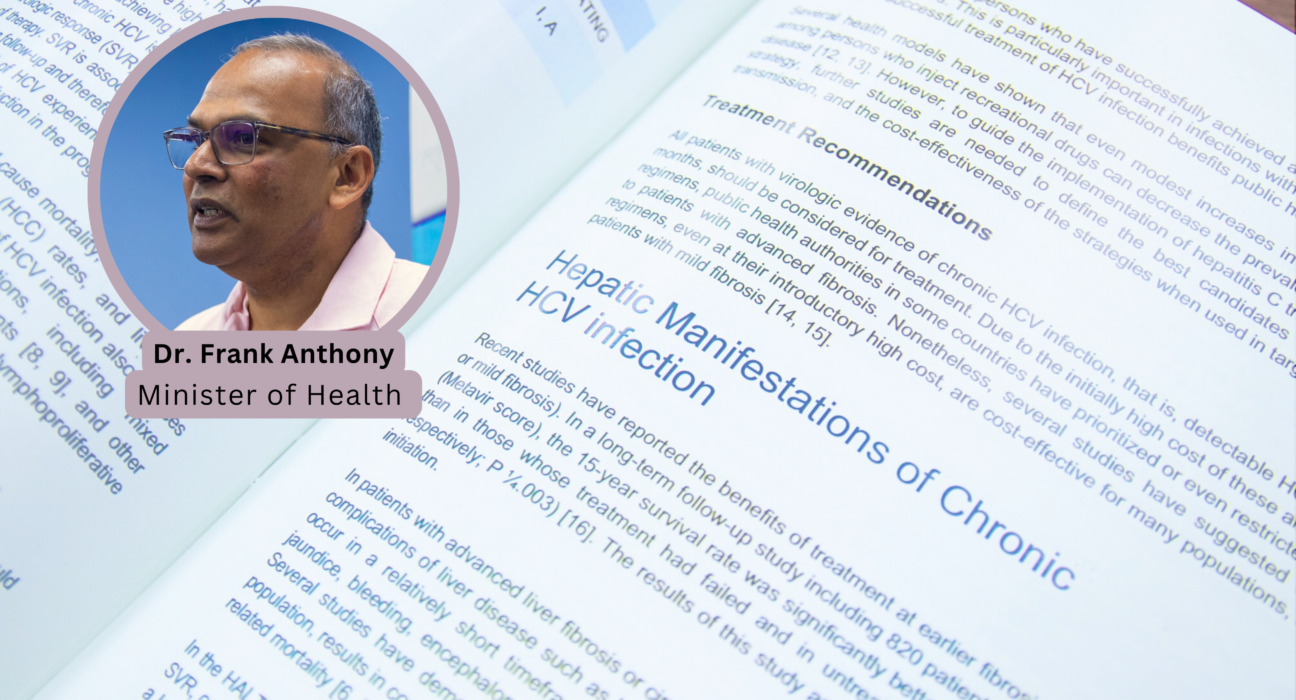Guyana takes a significant step forward in its healthcare landscape with the launch of the National Strategy for Laboratory Services and National Hepatitis C Guidelines by the Ministry of Health.
These initiatives mark crucial milestones towards achieving the ministry’s 2030 targets of enhancing medical service delivery and eliminating various diseases.
Just three years ago, treatment for Hepatitis C in Guyana was out of reach for many due to prohibitively high medication costs.
However, through collaborative efforts between the Ministry of Health and the Pan American Health Organization (PAHO), a 12 to 24-week treatment regimen has been developed.
This regimen is now accessible to patients, thanks to strategic funding that has made medication more affordable.
During the launch event, Health Minister Dr. Frank Anthony highlighted the success of the treatment program, noting that approximately 150 individuals have already enrolled, with several already completing their treatment courses and on the path to recovery.
Dr. Anthony emphasized the importance of capturing these guidelines effectively to ensure comprehensive coverage and effective implementation across the country.
In addition to the Hepatitis C guidelines, the Ministry of Health also unveiled the National Strategy for Laboratory Services.
This strategy aims to enhance coordination and streamline standards and norms within the laboratory system.
By improving management practices, the strategy seeks to bolster diagnostic capabilities and overall healthcare efficiency.
Dr. Anthony expressed his satisfaction with the collaboration with PAHO in developing these critical documents, emphasizing that they represent a significant step towards achieving Guyana’s healthcare objectives.
The Ministry of Health has allocated $129.8 billion this year towards upgrading and constructing healthcare facilities.
This investment underscores the government’s commitment to expanding diagnostic care and treatment services, further bolstering Guyana’s healthcare infrastructure.

